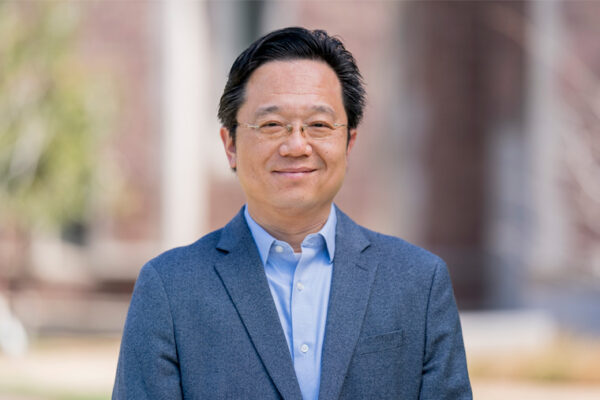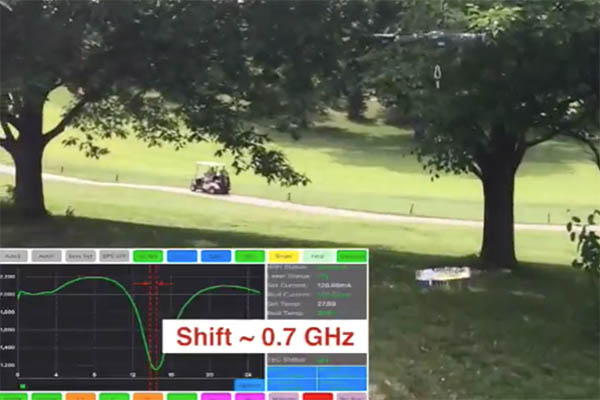Lu’s research interests include real-time embedded systems, wireless sensor networks, Internet of Things and cyber-physical systems. He is editor-in-chief of ACM Transactions on Sensor Networks, area editor of IEEE Internet of Things Journal, and associate editor of ACM Transactions on Cyber-Physical Systems and Real-Time Systems.
Chenyang Lu
Fullgraf Professor, Department of Computer Science & Engineering, Director of AI for Health Institute
computer sciencecybersystemsInternet of Things (IoT)medical science and machine learningwireless sensor networks
Contact Information
- Phone: 314-935-4855
- Email: lu@wustl.edu
- Website: Website
Media Contact
Stories
Lu paper wins ‘test of time’ award
For the second time this year, Chenyang Lu, an internationally recognized leader in cyber-physical systems, has received recognition for a trailblazing paper. The award recognizes his 2010 paper on using wireless sensor networks in a hospital environment.
Personalized prediction of depression treatment outcomes with wearables
Using Fitbits and a novel machine learning model, a multi-institutional team led by Washington University’s Chenyang Lu is ushering in the next step in personalization for treatment of depression.
Lu wins award for most influential paper in real-time systems
Chenyang Lu, the Fullgraf Professor at the McKelvey School of Engineering at Washington University in St. Louis and a preeminent expert in cyber-physical systems, and his co-authors received the 2021 IEEE Real-Time and Embedded Technology and Applications Symposium (RTAS) Influential Paper Award.
Building bridges with computer science
Computer scientist Chenyang Lu at the McKelvey School of Engineering has been building bridges with doctors to improve patients’ health outcomes using engineering.
Lu named editor-in-chief of ACM Transactions on Cyber-Physical System
Chenyang Lu, the Fullgraf Professor at the McKelvey School of Engineering, has been named editor-in-chief of ACM Transactions on Cyber-Physical Systems, the field’s flagship journal.
Enabling ‘internet of photonic things’ with miniature sensors
Swapping electrons for photons, researchers in the School of Engineering & Applied Science have developed wireless sensors which are not subject to electromagnetic interference and are smaller and generally more flexible than the currently electronics-based technology.



